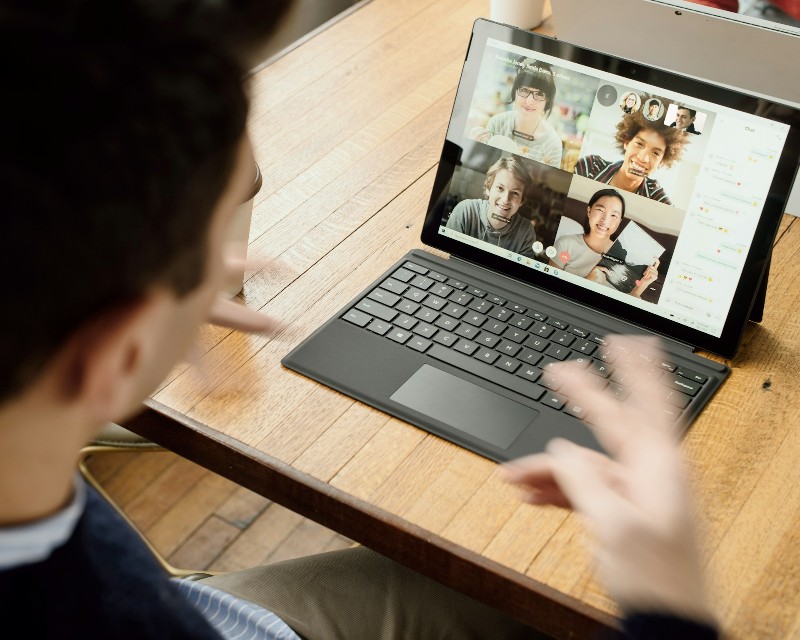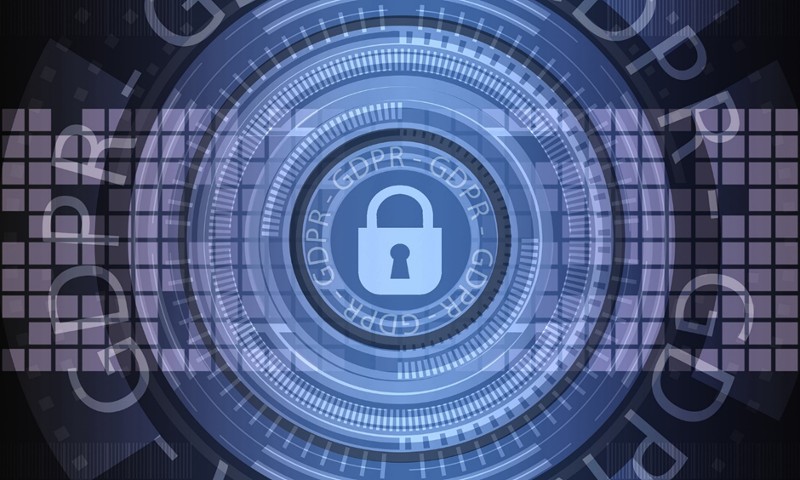The What, Why and How of VPNs (Are They Worth it?)
When Tim-Berners Lee modelled the structure of the World Wide Web, he visualised it as a series of connections through which data is freely shared and safely consumed. However, connecting the world has created dangers Lee failed to foresee. “If you’d asked me 10 years ago, I would have said humanity is going to do a good job with this. I was wrong,” says Lee.
Cybercrime and lack of data privacy has made the Internet a risky place. Hackers are constantly prowling for vulnerabilities to exploit, targeting individual users and large enterprises alike. Your private data and online activity is privy to criminals, the government, and your internet service provider (ISP).
Enter virtual private networks (VPN). With a VPN, you can shield your activity and sensitive information from malicious entities, giving you back control over your own data. But how exactly does it work?
What is a VPN?
A VPN is essentially an invisibility cloak that hides your data and online activity away from prying eyes. It does this by creating a private tunnel for you to connect to the internet–the first VPN protocol was called point-to-point tunnelling protocol, or PTTP–and encrypting everything that passes through.
This encryption shrouds your online activity. Even your service provider will not be able to know what you’re looking at on the internet; they’ll only know certain metadata such as the size of files you download, or how long you’ve visited a site.
What Does a VPN Do?
It Affords Privacy and Anonymity
VPNs act as your secure corridor to the world wide web, hiding your IP address and masking your activities from prying eyes. This protects sensitive business and personal information from crimes like man-in-the-middle attacks, where third parties intercept and potentially alter the data you’re sending before it reaches websites or servers.
Sanitises Public WiFi Hotspots
With a VPN, you can safely browse the internet even beyond your company’s firewalls. Whether your employees are working from a coffee shop, airport, or any unsecured public WiFi hotspot, their data will stay encrypted. This extra layer of security is particularly crucial for remote workers or employees who routinely have to connect to the company’s network outside of traditional office settings, such as salespeople.
Removes ISP Throttling
ISP throttling is when your service provider slows down your internet without notifying you. Service providers throttle connections to reduce bandwidth congestion when necessary, especially if you’re downloading large volumes of data. With a VPN, your ISP has no way to trace these downloads back to your IP address, which lets you dodge throttling.
Aids with Compliance
Many data protection regulations, such as the General Data Protection Regulation (GDPR) in the European Union or the Health Insurance Portability and Accountability Act (HIPAA) in the United States, require the protection of sensitive information. VPNs encrypt data, helping maintain confidentiality even in the event of a breach. It also allows for secure connections to the corporate network, a compliance requirement for remote work in some companies.
A Wider Web
Beyond safety and privacy, VPNs allow for access to more information. By masking your IP address, VPNs allow users to bypass geo-blocked websites, opening access to a wider array of content. Companies with international operations can enjoy seamless operations with employees having unfettered internet access regardless of their location.
What Does a VPN Not Do?
Malware Protection
VPNs can mask your online activity and any identifying information. But what it can’t do is protect your devices from contracting malware from dodgy downloads or websites. It’s important to use a VPN in conjunction with other security measures such as a firewall and up-to-date antivirus software.
Ransomware or Phishing
VPNs won’t protect you from phishing or social engineering, so good browsing hygiene is still necessary. For all-around security, it’s always good practice to be wary of suspicious emails and avoid downloading data from sources you don’t trust.
Block Cookies
While VPNs can hide your IP address and scramble data, they won’t be able to block cookies and other tracking methods used by websites such as browser fingerprinting. That means data such as your user preferences when visiting a website will still be saved. Browsers and applications can also use cookies to serve you targeted ads. If you want to keep your browsing behaviour safe, you’ll have to install other measures that block cookies and ads.
Is a VPN worth it?
VPNs were first created as a response to concerns from high profile businesses regarding data privacy. During its early days, most VPN users were large enterprises such as Microsoft and Cisco or government entities.
However, cybercrime’s shadow has fallen over small to medium businesses and individual users. Just under half of all cyber attacks are aimed at small businesses. Each one ends up costing the business an average of £19,000–a price that causes many to fold within months of a breach. Around seven out of twenty people connect to public WiFi every month, risking data theft, eavesdropping, or spoofing.
In this landscape, investing in a VPN is not only as a proactive measure for data privacy; it’s a necessary safeguard against the escalating threats that can cost your business and your employees a huge financial toll.
Empower your team with the protection they need. Our experts are here to guide you through choosing and implementing a VPN. Book a free consultation with Evolvit today.






